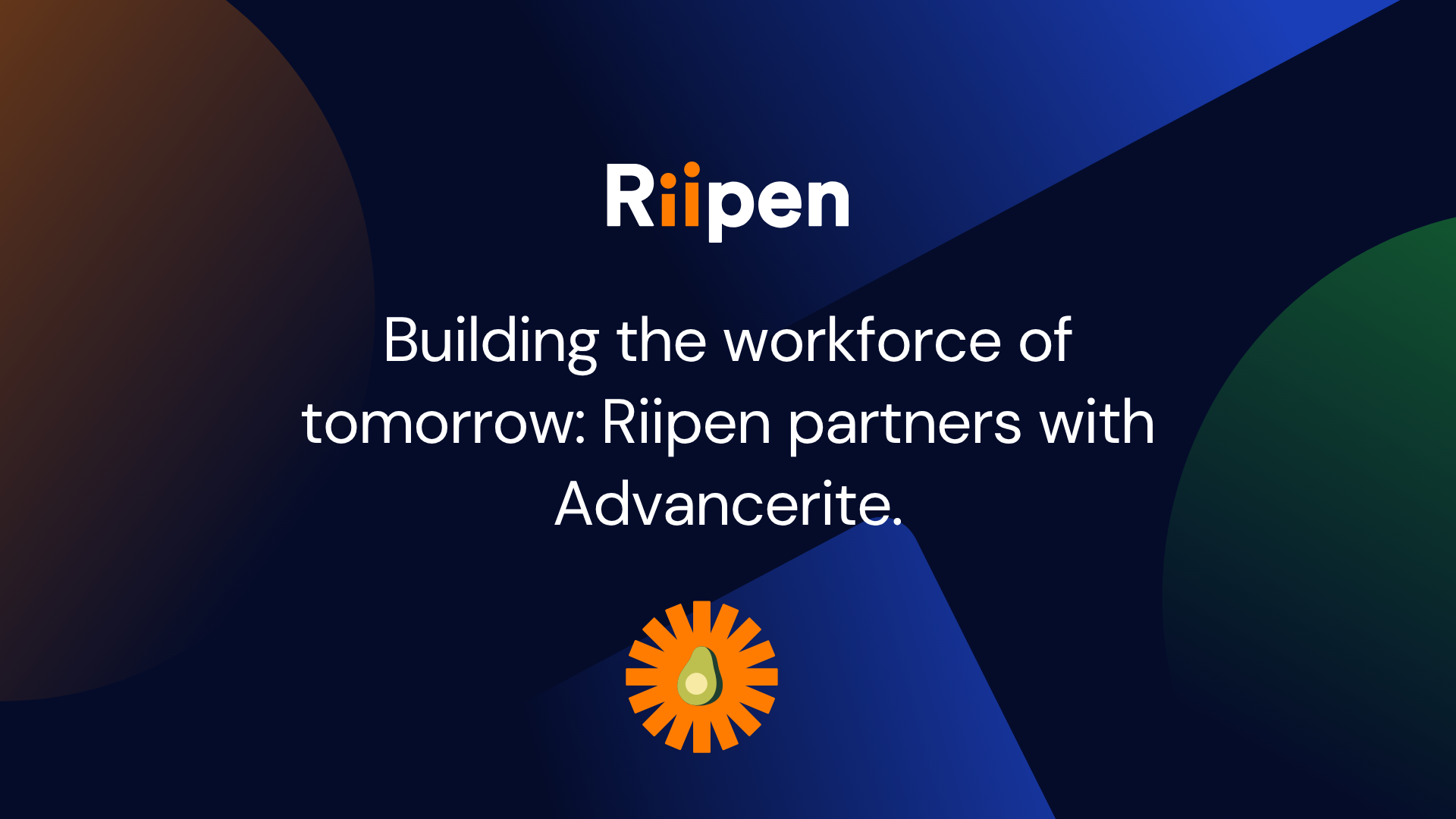How to take advantage of remote work with project-based internships

It’s no surprise that the traditional role-based internships no longer meet all the needs of the current workplace. Remote work has emerged as the new norm, with major companies such as Shopify and Facebook announcing their plans for their workforce to go partially or fully remote in the coming year. One position that is facing major changes to adjust to this new remote work-environment is that of interns. Traditionally, mainstream media has painted interns as supportive roles whose only job is to fetch coffee and complete menial tasks. It is becoming increasingly clear that this doesn’t benefit the student or the company. The move to remote work has given businesses and students the chance to reinvent traditional internship structures through the shift from role-based placements to project-based placements. Continue reading to explore the benefits of project-based internships and how to make that switch.
What is a project-based internship?
The scope of a project-based internship isn’t reliant on a timeline but instead a complete deliverable. Typically, summer is also a time for companies to focus on big picture ideas and make necessary changes for a fast-paced fall season. Many managers are already handling multiple projects at a time with even more on the back burner due to a lack of capacity. This is where project-based internships would come in. For example, if a company is looking to evaluate their brand perception and its competitive landscape, students would conduct the research and analysis from start to finish. Flexible in time and definitive in deliverables, project-based interns are worth the transition.
Embracing independence and distance
Students are well-prepared for an internship that demands purposeful and value-adding work and encourages them to apply their skills. Especially in remote work, internships can’t just be about learning from observation because of the infrequency of employee interactions. Companies also require independent team members that can produce consequential work. Especially in an economic downturn, students can be a great addition to the team for completing projects even with limited resources and could become potential hires in the future.
It’s not to say that interns shouldn’t be given smaller tasks, but rather given the opportunity to showcase their skills through their tasks. For companies that may struggle to hire an intern due to a lack of resources or bandwidth, or are just getting started, consider project-based internships.
Best practices for maximum value
To run a successful project-based internship, there are a few key elements that can be that companies should keep in mind before getting started. If you're not sure your company is remote work ready, consider using this assessment tool by Toptal, the world's largest fully remote company led by Taso Du Val, that identifies your current stage in remote work readiness.
Students should be given a central project or task that they can complete within a predetermined timeline. In the beginning, in order to define an appropriate scope for the project, there’s likely more effort involved than a role-based internship but helps ensure that there’s less supervision required afterward. With a bit more planning upfront, companies can run multiple internships at the same time. Duties and tasks can certainly evolve but when there is a lack of bandwidth to provide daily tasks, the student always has the central project to fall back on.
Defining both the company’s and student’s objectives at the start is the best way to create value for both parties. Virtual onboarding and training are still essential to further prevent any issues and dissatisfaction from either side later on. To best appreciate what kind of deliverable will be produced, it’s also best to have an overall understanding of the student’s curriculum. Feedback and mentorship can be a more seamless process, based on measurable outcomes from both the student and the company. Receiving and giving feedback continue to be valuable even in a shorter term and project-based role.
Educators are working hard to match students to work placements this summer in the midst of the pandemic. This is a great opportunity to connect schools to companies directly and create project-based internships that offer flexibility to both institutions. The educators can offer recruitment aid, guidance around the types of work students can do and help monitor their progress. There’s also the option of providing academic credit for students when considering the available resources for adequate compensation.
A long-lasting solution
Internships shouldn’t be canceled but redesigned as the world heads towards a vastly different future. They continue to provide a rewarding experience for students and companies alike but must also be reevaluated to incorporate the current workplace needs. Project-based internships will likely become a common practice globally, along with remote work and work-integrated learning. Taking the time to determine how it can fit with your company can be a strategic benefit in the upcoming future as it opens doors to work with fresh talent across the world in a far more efficient manner.
If you’re considering skipping the lengthy recruitment process, consider connecting with schools directly to source students for various projects. Riipen’s Virtual Internships offer the benefits of project-based work by matching companies with a large network of institutions. If you’re looking to get started or learn more about the process, email internships@riipen.com.

About the author:
Yogmaya Singh is a fourth-year Entrepreneurship student at the University of British Columbia, and a Marketing Intern at Riipen. Driven by her need to explore and grow, she's always found herself working within roles that challenge her. She's interested in all things music, enjoys trying new foods and dabbling with art.








.png)


.png)



























